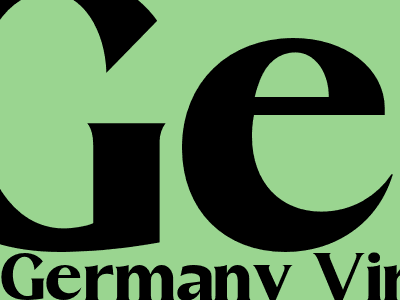
Germany's Response to the COVID-19 Pandemic
Swift and Decisive Action
As the COVID-19 pandemic swept across the globe, Germany emerged as a beacon of effective crisis management. The government moved swiftly to implement comprehensive measures aimed at containing the virus and mitigating its impact.
In January 2020, Germany established a national task force to coordinate the response. This group, led by the Federal Ministry of Health, brought together experts from across the government, academia, and the healthcare sector.
The government also implemented a rigorous testing and tracing regime. By March 2020, Germany had one of the highest testing rates in the world, enabling early detection of cases and prompt isolation of infected individuals.
Targeted Financial Support
Recognizing the economic impact of the pandemic, the German government introduced a range of financial support measures for businesses and individuals.
The government provided grants and low-interest loans to businesses affected by the shutdown orders. It also expanded unemployment benefits and introduced a short-time work scheme that subsidized wages for employees whose hours were reduced.
Furthermore, the government announced a €130 billion stimulus package to support economic recovery. This package included investments in infrastructure, education, and research.
Communication and Transparency
Throughout the pandemic, the German government prioritized clear and transparent communication with the public.
Regular press conferences were held by government officials, providing updates on the latest developments and measures being taken. The government also launched a dedicated website and hotline for public inquiries.
The government's efforts to keep the public informed and engaged contributed to the high level of trust in the government's handling of the crisis.
Balancing Public Health and Individual Freedoms
The German government faced the challenge of balancing the need for public health measures with the protection of individual freedoms.
The government imposed a lockdown in March 2020, restricting social gatherings and non-essential travel. However, it also maintained a relatively open approach compared to some other countries, avoiding strict curfews and mass surveillance.
The government's measures were generally supported by the public, who recognized the need to protect both lives and livelihoods.
Lessons Learned and International Collaboration
Germany's response to the COVID-19 pandemic has been widely praised for its effectiveness and the government's commitment to public health and economic stability.
The German model has been studied by other countries seeking to learn from its best practices. Germany has also been an active participant in international efforts to combat the pandemic, sharing its expertise and providing support to countries in need.
As the pandemic continues to evolve, Germany remains committed to adapting its response based on the latest scientific evidence and the needs of its citizens.